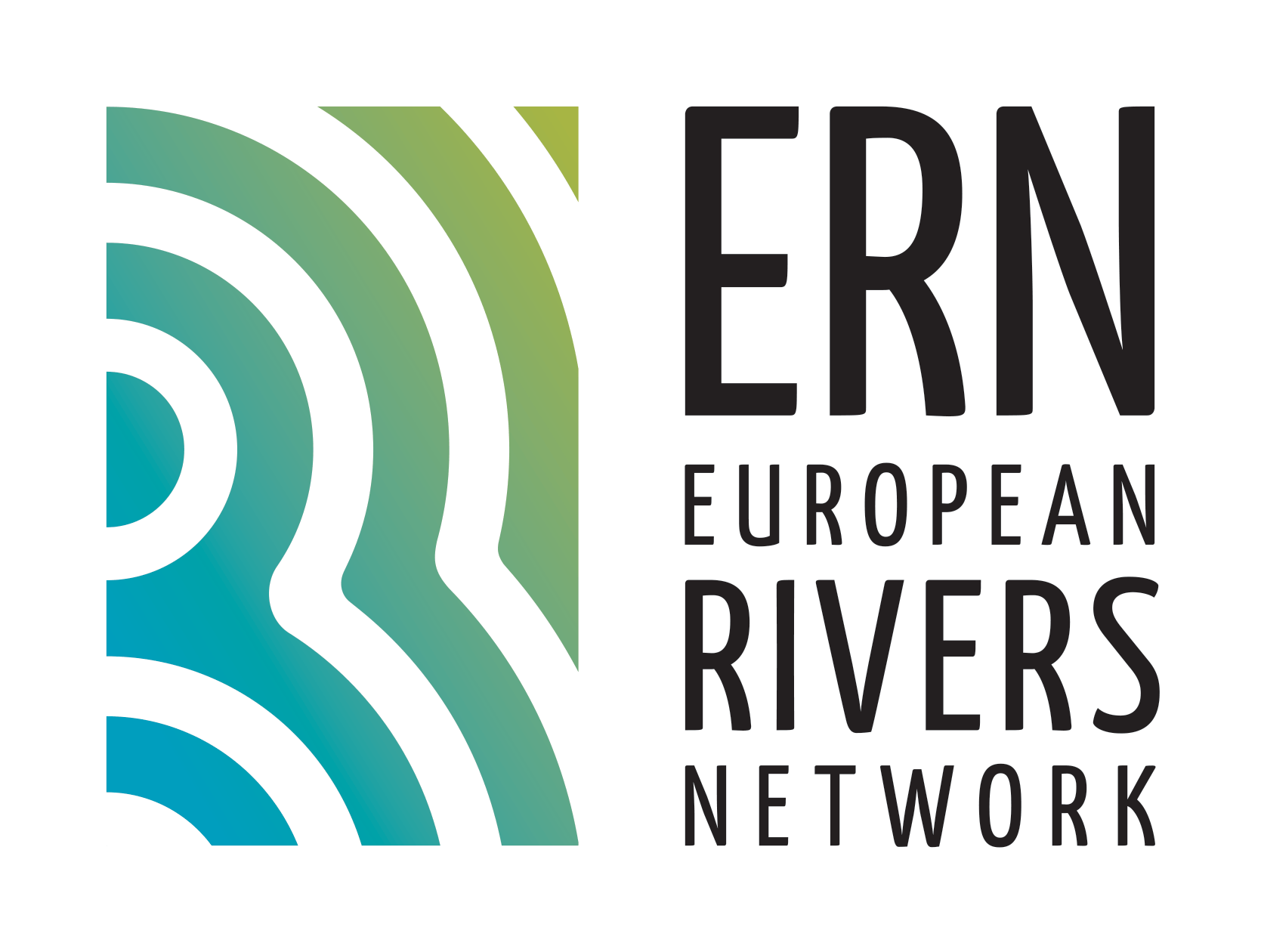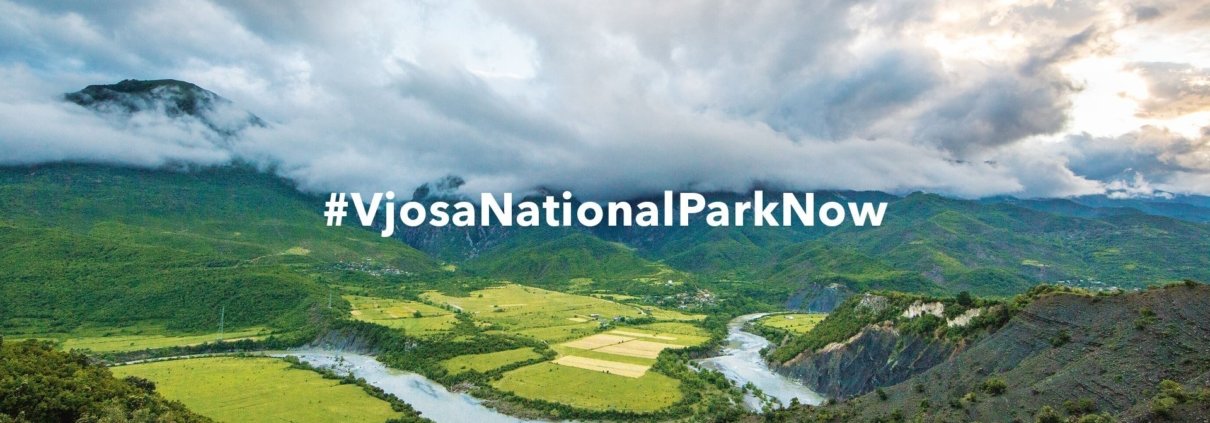L’UICN recommande l’arrêt des prélèvements d’eau sur la rivière Shushica en Albanie et l’utilisation d’alternatives
L’UICN a publié un rapport d’évaluation sur le projet controversé de captage d’eau de la rivière Shushica, un affluent de la rivière Vjosa dans le parc national albanais de la Vjosa (VWRNP). Avec ce projet, le gouvernement albanais vise à détourner l’eau vers la côte méditerranéenne pour soutenir le tourisme à grande échelle. Le rapport, élaboré par de grands experts internationaux et albanais, conclut que le projet proposé aurait un impact grave sur la biodiversité du parc national et ne respecterait pas les normes de l’UICN relatives aux parcs nationaux. Il recommande d’éviter complètement le projet et d’utiliser d’autres ressources en eau à la place. « L’évitement est obligatoire pour parvenir à une perte nette nulle de la biodiversité et éviter des impacts négatifs significatifs sur l’intégrité du PNRVW et ses objectifs », indique le rapport (UICN, 2025, p. 59).
EcoAlbania, Riverwatch et EuroNatur se félicitent des résultats du rapport et invitent le gouvernement albanais à agir de manière décisive sur la base des conclusions du rapport et à protéger le PNRV en donnant la priorité au scénario d’évitement. Ce scénario interdit le prélèvement d’eau dans la rivière Shushica et recommande d’autres sources d’eau à l’extérieur du parc, garantissant ainsi le respect des objectifs du parc national.
Lire le communiqué de presse :
Joint press release by EcoAlbania, Riverwatch and EuroNatur
Tirana, January 29, 2025 – This Monday, the International Union for Conservation of Nature (IUCN) released an assessment report about the controversial water abstraction project from the Shushica River, a vital tributary of the Vjosa River within Albania’s Vjosa Wild River National Park (VWRNP). With the project, the Albanian government aims to divert water to the Mediterranean coast to support large-scale tourism. The report, developed by leading international and Albanian experts, concluded that the proposed project would have a severe impact on the national park’s biodiversity and fail to comply with IUCN national park standards. It recommends avoiding the project altogether and using alternative water resources instead. “Avoidance is mandatory to achieve No Net-Loss of biodiversity and avoid significant adverse impacts on the integrity of the VWRNP and its objectives.” so the report states (IUCN, 2025, p. 59).
EcoAlbania, Riverwatch and EuroNatur welcome the results of the report and urge the Albanian government to act decisively on the report’s findings and protect the VWRNP by prioritizing the Avoidance Scenario. This scenario prohibits water abstraction from the Shushica River and recommends alternative water sources outside the park, ensuring that the national park’s objectives are upheld. WATCH OUR VIDEO
Key Findings of the Assessment
- Violation of National Park criteria & Severe Ecological Risks: The assessment highlights the project’s potentially devastating impacts, including:
-
- Loss of critical habitats for endangered species, such as fish, amphibians, and aquatic vegetation.
- Irreversible damage to sediment transport, water quality, and biodiversity.
As a result of the above, the project is in violation of IUCN guidelines for Category II National Parks, to which the Albanian government has committed itself. It “is expected to have implications for the objectives of the VWRNP. As planned, the project water abstraction will not comply with IUCN guidelines for Category II National Parks, potentially affecting the park’s integrity and conservation objectives as well as ecosystem services.” (IUCN, 2025 Executive Summary)
- Lepusha Springs Are Crucial: Contrary to the claims of the project proponents – including the Albanian Ministry of the Environment – the Lepusha Springs are of crucial importance for the Shushica. They form the primary source of the river and are integral to the river’s ecosystem. The IUCN report describes the springs as a “key inherent part of the Shushica River, given the functional meaning for the whole river ecosystem.” (IUCN, 2025, p. 22) The project as planned would extract the entire flow of the springs during dry months, leaving no water for the river’s biodiversity.
- Viable Alternatives Exist: The assessment identifies several alternative water sources, such as the Borshi, Tatzati and Fera Springs, which are capable of meeting water demand without damaging the Vjosa Wild River National Park.
- Climate Change Compounds the Risk: With climate change projected to reduce water availability in the Vjosa and Shushica River by 30% by 2050, the ecological impact of water abstraction would be even more severe in the future.
The Austrian company STRABAG has been laying these pipes to divert the spring water of the Shushica to the Mediterranean coast © Adrian Guri
NGOs and Local Communities Call for Immediate Action
The NGOs of the Blue Heart campaign and local residents of the Shushica Valley are united in their opposition to the planned project.
“This report reinforces the stance we’ve held since the start of this fight: the project would cause significant damage to vast areas of the Wild River National Park, and with alternative water sources available, it is completely unnecessary,” said Olsi Nika from EcoAlbania. “The Avoidance Scenario is the only path forward to protect one of Europe’s last wild river ecosystems and preserve the integrity of the VWRNP.”
“For generations, the Shushica River has been the lifeline of our valley—providing water for our fields, supporting our livelihoods, and offering a place of natural beauty,” said ,” said Astrit Balilaj, mayor of the village Kuç in the Shushica Valley .“We will not stand by and let this project destroy our river and our way of life. The government must listen to science and choose the Avoidance Scenario to protect our future.”
NGOs echo the call to abandon plans that threaten the national park, urging project developers, including the Albanian Development Fund, to embrace sustainable alternatives that respect the park’s integrity and long-term ecological health.
Over 30 villages face an uncertain future due to the water abstraction project, but resilient local communities continue to stand united in opposition. © Adrian Guri
Background information
- Other Scenarios Evaluated: In addition to Avoidance, the report assessed two other scenarios of lower priority, following the standardized framework of an IUCN Mitigation Hierarchy Assessment:
- Minimization/Mitigation Scenario: : This would necessitate significantly less water abstraction from the Lepusha Springs, a complete redesign of the water intake and the use of alternative sources in parallel. A year-long hydrological and biodiversity study is required to determine an environmental flow regime and so is “an Environmental Impact Assessment (EIA) according to the amended EIA Directive” (IUCN, 2025, p. 65) in order to minimize environmental impacts during construction phase. This means that construction could not proceed as currently planned.
- Offsets Scenario: Under this scenario, the project would proceed as planned but compensation measures—such as expanding the VWRNP boundaries to include additional areas, such as the Vjosa Delta—would be required to offset the damage. However, the report stresses that offsetting cannot fully mitigate the ecological harm caused by the project.
- Download the Full Report and the Executive Summary. The report was independently financed by IUCN, and through aligned grant funds from Patagonia, and the Gordon and Betty Moore foundation, and was prepared by leading international and Albanian experts.
- The Shushica, a key tributary of the Vjosa and part of Europe’s first Wild River National Park, faces threats from a water abstraction project. The government plans to divert its spring water to the Mediterranean coast to support large-scale tourism. While a 17 km pipeline from Kuç to Himara is nearly complete, the critical diversion infrastructure remains unbuilt. Financed by KfW and the EU (Western Balkans Investment Framework) and constructed by Austrian STRABAG, the project is both destructive and unnecessary, as alternative water sources exist outside the park. Local communities are determined to stop the diversion dam.
- The Vjosa is one of the last big wild river in Europe outside Russia. Along her course of almost 270 kilometers, the river flows entirely unobstructed from the Pindus Mountains to the Adriatic Sea. In March 2023, after ten years of our campaign, the Albanian government proclaimed Europe’s first Wild River National Park.
- Photos attached: The attached photo material can be used once in connection with this press release and indicating photo credits. Photos in print quality on request.
Contact
Besjana Guri – EcoAlbania b.guri@ecoalbania.org 0035/692954214
Ulrich Eichelmann – Riverwatch ulrich.eichelmann@riverwatch.eu 0043/6766621512
Christian Stielow – EuroNatur christian.stielow@euronatur.org 0049/7732 9272 15


 ERN France
ERN France ERN is the official WWF Freshwater Partner in France and cooperates with WWF Switzerland, Austria, Netherlands and others
ERN is the official WWF Freshwater Partner in France and cooperates with WWF Switzerland, Austria, Netherlands and others

Laisser un commentaire
Rejoindre la discussion?N’hésitez pas à contribuer !